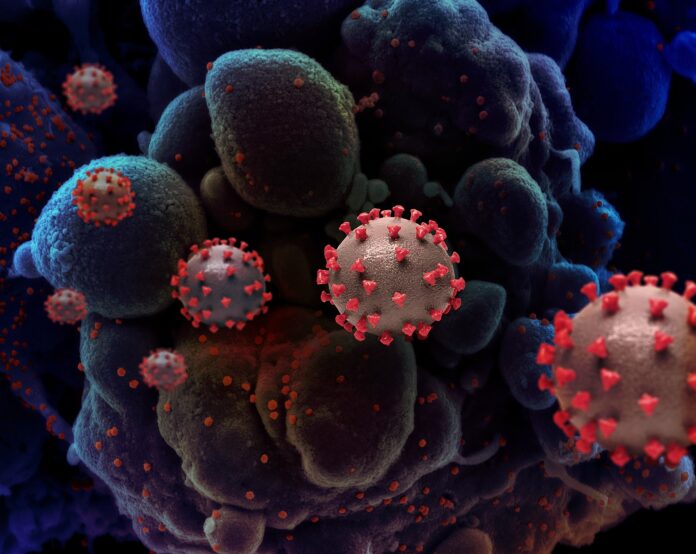Individuals may still experience issues with tiredness, dizziness and weakness due to persistent inflammatory response
By KATIE HELLMAN — science@theaggie.org
After contracting COVID-19, many individuals suffer from a plethora of debilitating symptoms that persist long after the initial infection. This condition is known as long COVID.
These health problems can last for weeks, months or even years; most commonly, individuals report extreme fatigue, brain fog, dizziness and digestion issues, according to the Mayo Clinic. To receive a diagnosis of long COVID, a patient must experience the symptoms of COVID-19 three months after they first contracted the illness.
“Some researchers have estimated that 10% to 35% of people who have had COVID-19 went on to have long COVID,” the Mayo Clinic website reads.
Long COVID has proved to be notoriously difficult to treat due to uncertainty regarding its cause. One proposed hypothesis is that COVID-19 triggers an autoimmune response that leads the immune system to perceive the body’s own cells as a threat. This leads to damaged tissues and chronic inflammation.
It’s also possible that persistent symptoms occur due to a serotonin imbalance as a result of the virus replicating in the gastrointestinal tract, leading to neurocognitive and cardiovascular symptoms.
Emerging infectious disease expert Christian Sandrock further discussed these potential causes in an article with UC Davis Health.
“This drives the neurocognitive symptoms (i.e., brain fog, memory loss or mood changes), and the binding to ACE receptors (a protein on the surface of many cells) causes much of the other cardiovascular symptoms,” the article reads.
Since the autonomic system, a part of the peripheral nervous system that controls involuntary body functions, is affected, widespread symptoms including effects on blood pressure, blood flow and heart rate are also common.
Health issues associated with long COVID appear to improve over time, albeit at a slow rate. Avoiding long COVID altogether might be possible by vaccination with Paxlovid, an antiviral therapy that targets a key enzyme contributing to the infection.
There are a few main risk factors that contribute to the likelihood of developing long COVID, according to Yale Medicine.
“People who have had severe COVID-19, in particular those who required hospitalization or intensive care… people who have not gotten a COVID-19 vaccine… people with underlying health conditions such as diabetes, asthma, or obesity [and] …people who had multisystem inflammatory syndrome during or after COVID-19 [are at increased risk],” the article reads.
Although there are still many unknowns regarding long COVID, there is hope that symptoms may self-resolve with time, and even if they don’t, treatments can help control them. Furthermore, research is continuously being conducted to improve the health and well-being of those affected for a positive long-term outlook.
Written by: Katie Hellman — science@theaggie.org









